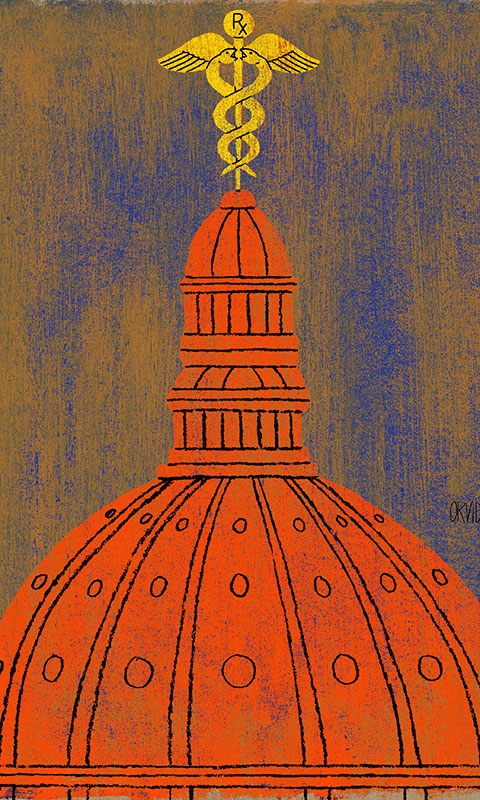-
Behind the Headlines in Pharmaceutical Investigations
Press attention has been trained on government investigations of pharmaceutical firms’ marketing practices and of general business practices employed by US-based multinationals in China, India, Eastern Europe, and elsewhere.

The Wall Street Journal, The New York Times, and other publications have also been reporting on notable US corporations, including several drug makers, that have been prosecuted under the Foreign Corrupt Practices Act (FCPA), which forbids the use of cash bribes or kickbacks to foreign government officials. The recent decision in US v. Caronia, which granted First Amendment protection to certain off-label marketing statements, has also garnered substantial media attention.
This recent attention has prompted debate in legal circles about the likely future direction of cases against pharmaceutical manufacturers. The decision in Caronia, for instance – which states that truthful, non-misleading off-label promotion is protected free speech – could shift investigators to focus on evidence of false or misleading statements, or misbranding. With heightened international scrutiny, investigators are also expected to continue to expand their attention beyond violations of the domestically focused anti-kickback statute to FCPA issues.
In cases featuring any of these allegations, economists can play an important role, particularly in settlement negotiations. In this context, economists strive to develop a platform at the outset that can accommodate a variety of allegations, multiple sources of data, and changing information as the investigation evolves, says Managing Principal Paul Greenberg. “We can draw on health outcomes tools, such as biostatistical analysis of clinical trials data collected both in the United States and internationally, to inform whether certain promotional messages are false, misleading, or both.” Economics can also figure into determining the magnitude of sales stemming from the conduct at issue, which is a threshold question for damages. This is more than just an accounting exercise, as it involves not only determining the sales base potentially at issue, which can be complex, but also assessing the causal connection between the conduct at issue and sales.
-
Under anti-kickback statutes or FCPA, economists can evaluate the extent to which alleged payments actually led, or would have been expected to lead, to changes in behavior – which speaks to liability as well as damages.
-
“In some cases,” Mr. Greenberg notes, “we have assessed the impact of alleged inappropriate messages and improper inducements with benefit of granular data concerning the conduct at issue as well as prescribing at the physician level. For example, we have compared company call note or physician payment data on a doctor-by-doctor basis with third-party prescribing data at the same level of detail – these comparisons can provide insight into the impact of the conduct at issue on prescribing.” To assess the impact of the alleged conduct on sales, economists may also construct benchmarks based on patterns of use of other drugs, as well as the drug in question in other jurisdictions or during alternative time periods.
There is no doubt that international issues will be at the forefront of investigations into pharmaceutical industry business practices, as authorities take an increasing interest in this area. Coupled with several recent US court rulings, this suggests that pharmaceutical companies will continue to be closely watched, although the type of scrutiny may shift over time. ■
-
Analysis Group has worked on more than 40 false claims and improper inducement cases spanning more than 50 products and 15 government offices.
Mr. Greenberg has presented economic analyses to government investigators and spoken at industry panels on the economic and statistical issues that arise in government investigations of pharmaceutical and medical device companies.
From Health Care Bulletin: Fall 2013
